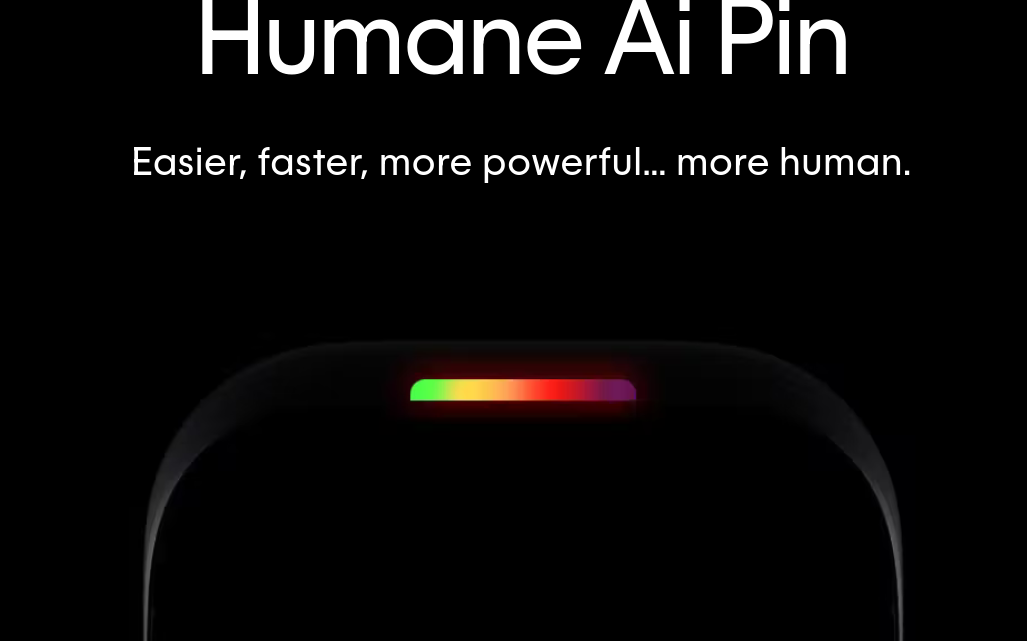
Important news of the last week
30. Juli 2023Important news of the last week
Proactive self-regulation or regulation by an AI law?
Washington, 7/24/2023
OpenAI, Microsoft, Google’s Alphabet, and Anthropic created the Frontier Model Forum to promote AI safety and address societal challenges.
The goal is to oversee the development of advanced „frontier“ AI models, which are large-scale models that can surpass current capabilities and perform various tasks. The industry is proactively self-regulating as policymakers continue to ponder AI regulations.
„Companies developing AI technology have a responsibility to ensure that it is secure and remains under human control,“ said Brad Smith, Microsoft president. „This initiative is an important step in bringing the technology sector together to responsibly advance AI and address the challenges in a way that benefits all of humanity.“
The Frontier Model Forum will not lobby, but will focus on creating and sharing benchmarks and ratings for Frontier AI models.
Its goals include advancing AI safety research, identifying best practices, collaborating with stakeholders, and supporting applications for important issues such as climate change, cancer detection, and cybersecurity.
By meeting certain criteria, companies can join the group, which is governed by an advisory board and has charter and funding.
Industry leaders, including OpenAI CEO Sam Altman and Microsoft President Brad Smith, have already emphasized the need for guard rails to manage the risks associated with AI.
Alphabet and Microsoft report better-than-expected quarterly results
San Francisco, 27.7. 2023
Microsoft and Alphabet reported results for the second quarter that, to the surprise of many experts, exceeded analysts‘ expectations. The price of Alphabet in particular benefited from this, while Microsoft (possibly as a result of profit-taking) initially lost four percentage points.
At Google it was a pick-up in the advertising sector, at Microsoft it was the cloud business – both areas clearly performed better than expected. It is undeniable that profit margins rose as a result of the wave of layoffs. Although both tech giants expect good business in the future, they are extremely cautious about the investments involved.
Both companies anticipate higher spending for the remaining months through the end of 2024. Above all, the expansion of the data centers is mentioned. If, for example, the demand is unexpectedly high, the demand can only be met with more computing capacity.
However, CFO Amy Hood said any revenue boost from new AI services, such as the „Co-Pilot“ capabilities being added to Office software, won’t be visible until after the end of this year. She also said that CAPEX would increase each quarter over the next year as the software company tries to match higher spending with increasing revenue growth from AI.
Ruth Porat, CFO of Alphabet, outlined the situation in her company as follows: increased investments in technical infrastructure are expected, which will increase until the second half of 2023 and continue to grow into 2024. AI is the „key driver“ of higher costs, she added, as Alphabet expands data center capacity, buys GPUs and invests in its own TPU accelerator chips.
Both Alphabet and Microsoft attached importance to the fact that they will keep a close eye on cost developments, even against the background of the good business to be expected.
When AI identifies an extinct antibiotic
San Francisco, 7/30/2023
Scientists have used artificial intelligence to identify an extinct antibiotic. The algorithm used data from both modern humans and Neanderthals.
With this method, scientists want to bring back molecules from the past in order to solve current problems. This should eventually contribute to the development of a new generation of antibiotic treatments, especially given that antibiotic resistance is on the rise.
The researchers trained an AI algorithm to recognize sites on human proteins where they are known to be cut into peptides. To find these new peptides, the team scanned publicly available protein sequences using AI.
Researchers tested dozens of peptides to see if they could kill bacteria in lab dishes. They then selected six effective peptides and gave them to mice infected with a common bacterium. According to the scientists, the AI managed to create a roadmap good enough to stop the bacteria.


